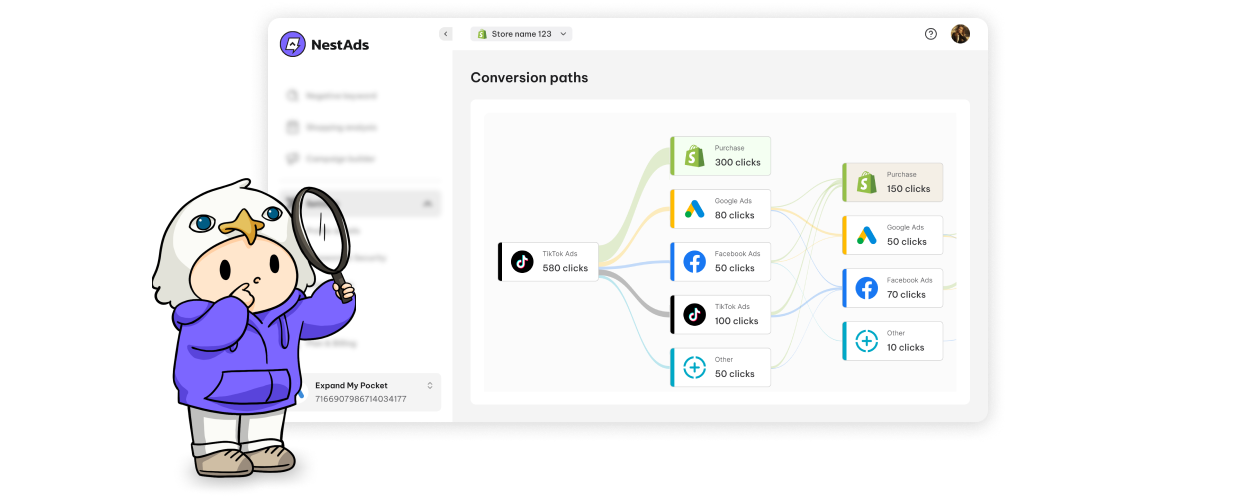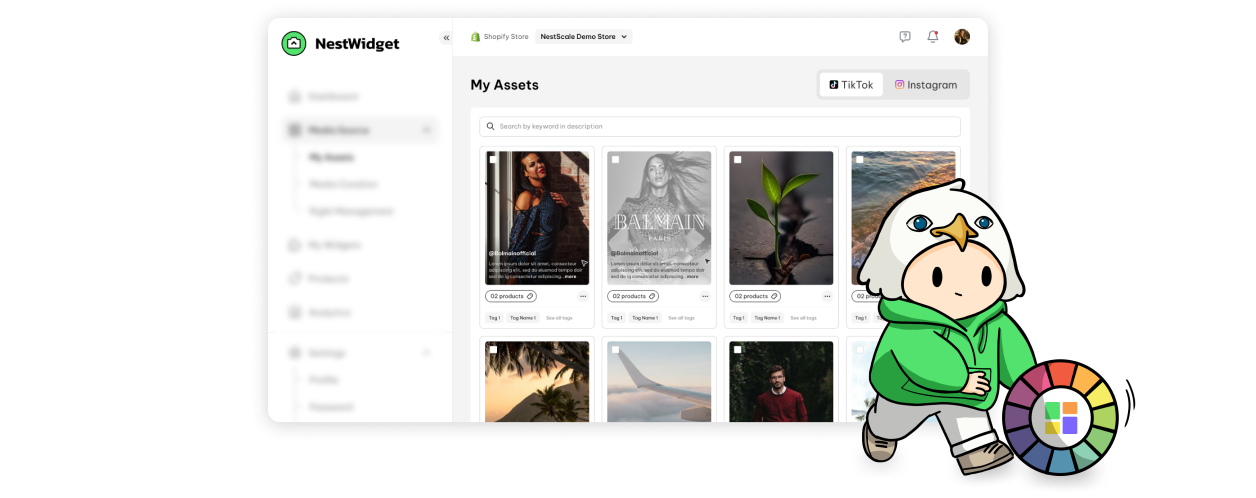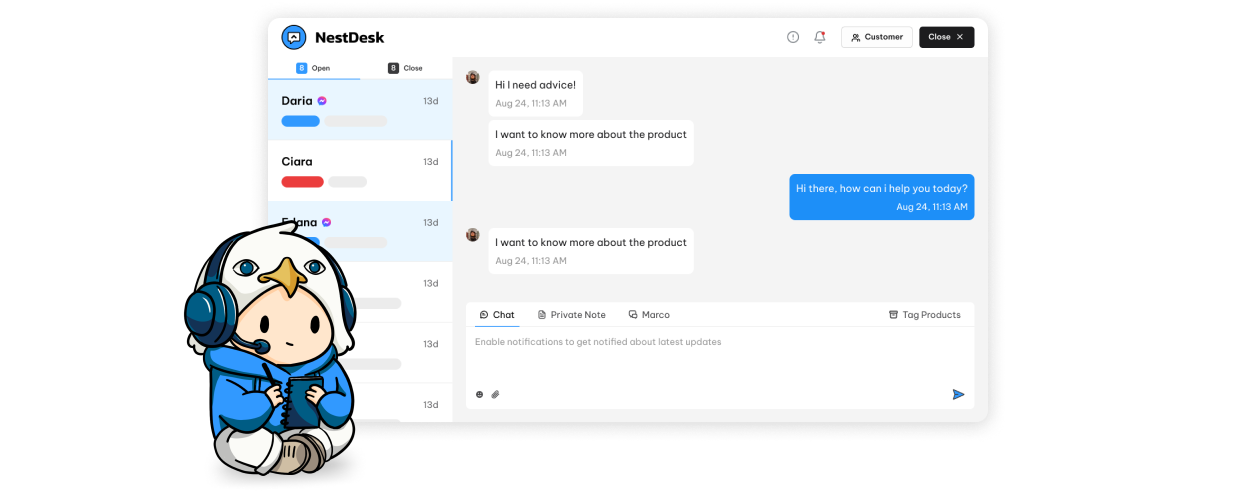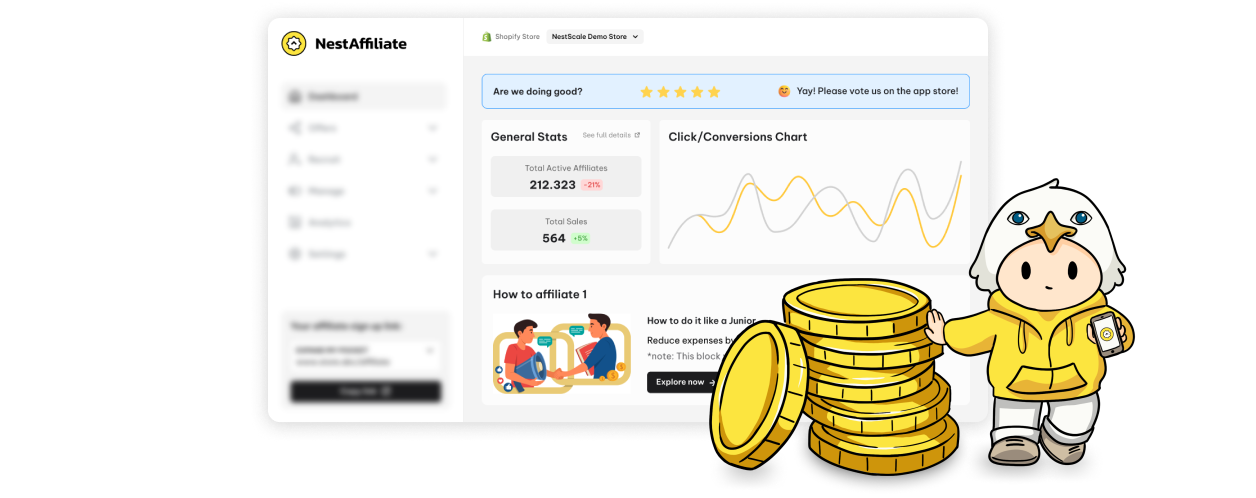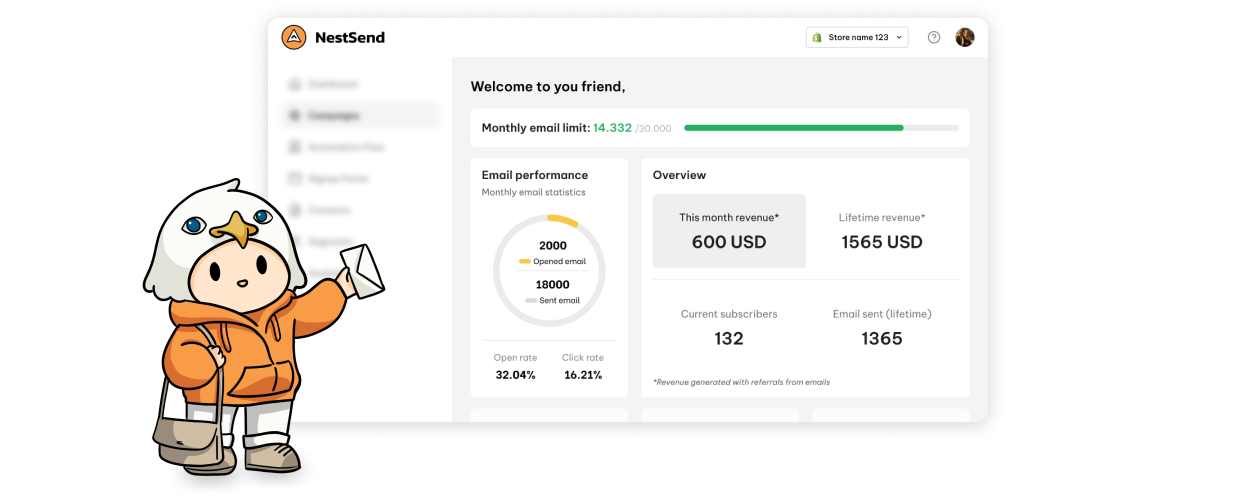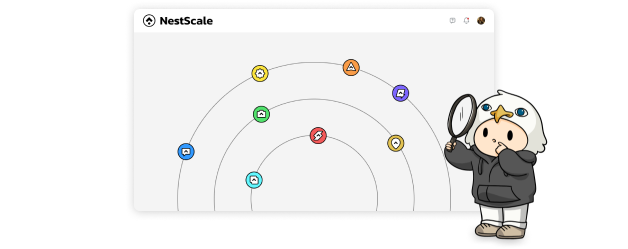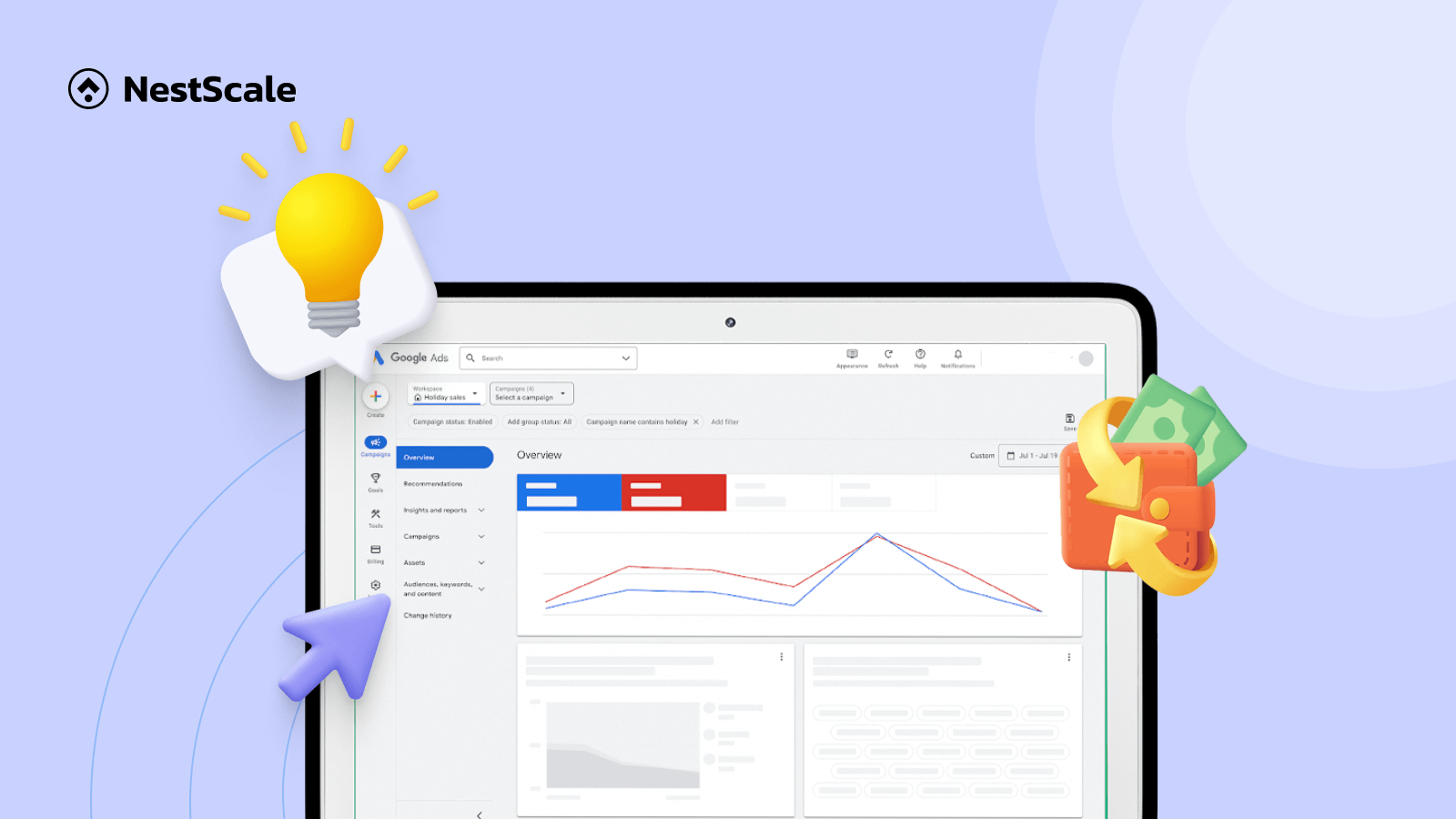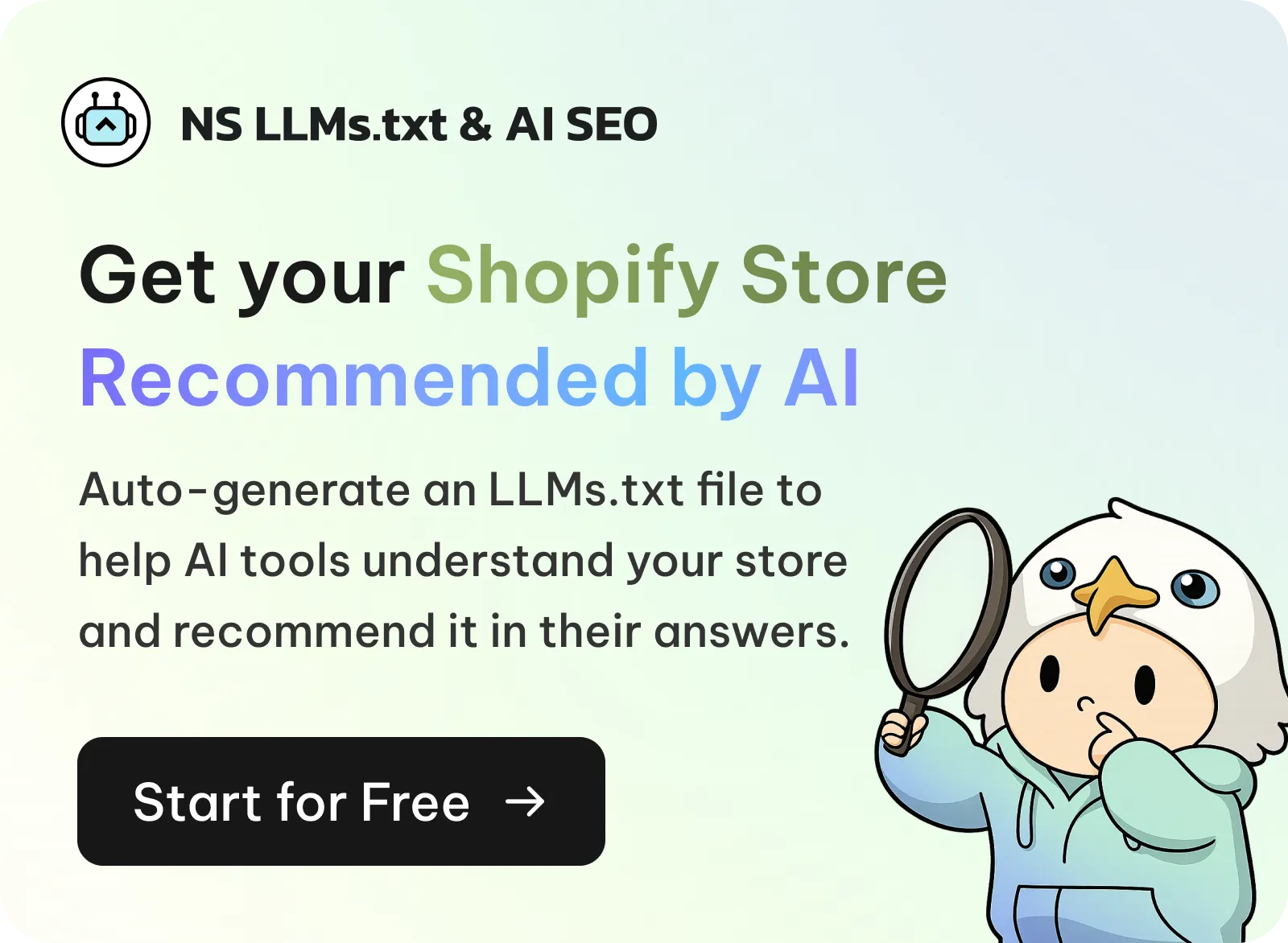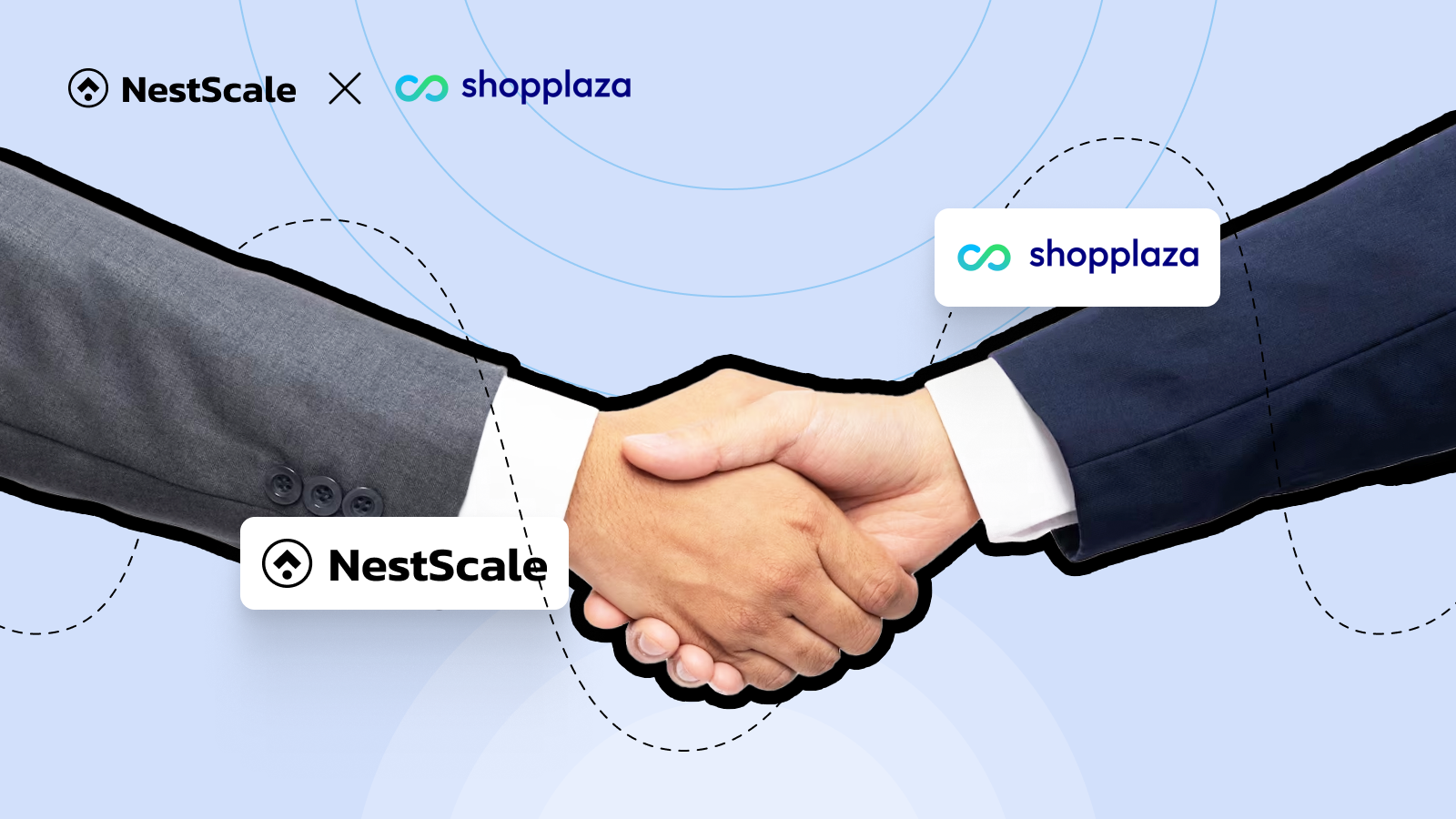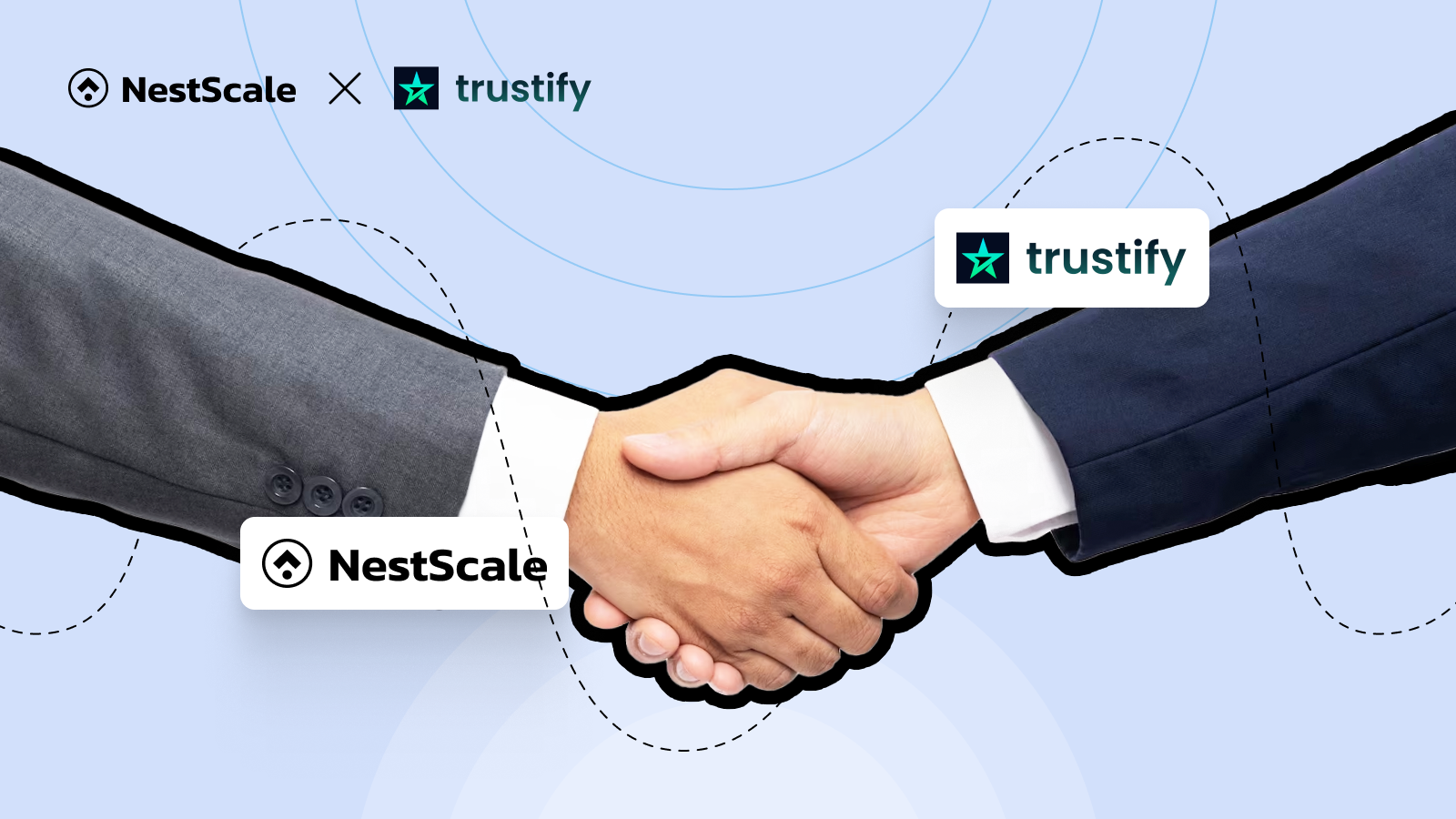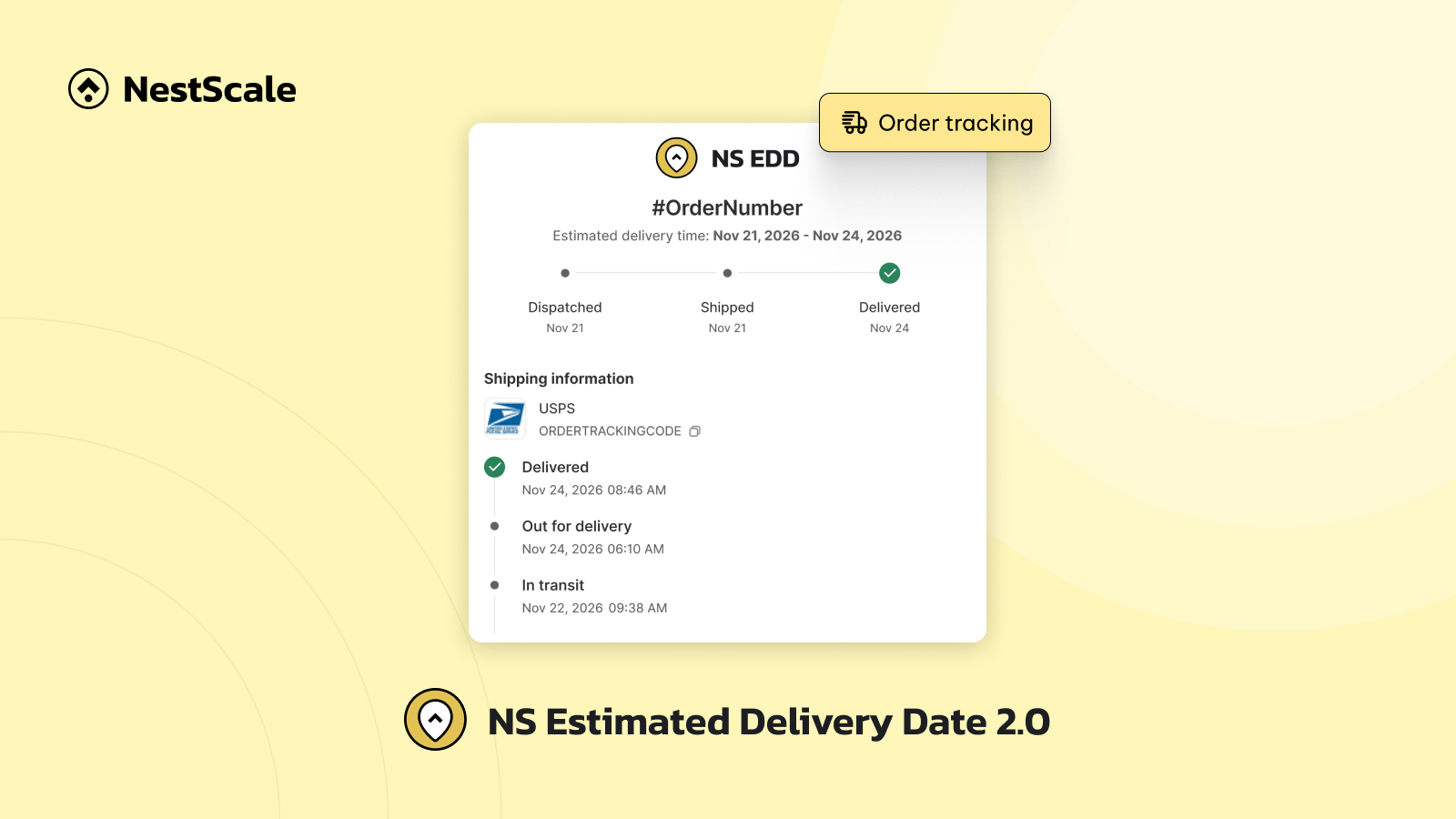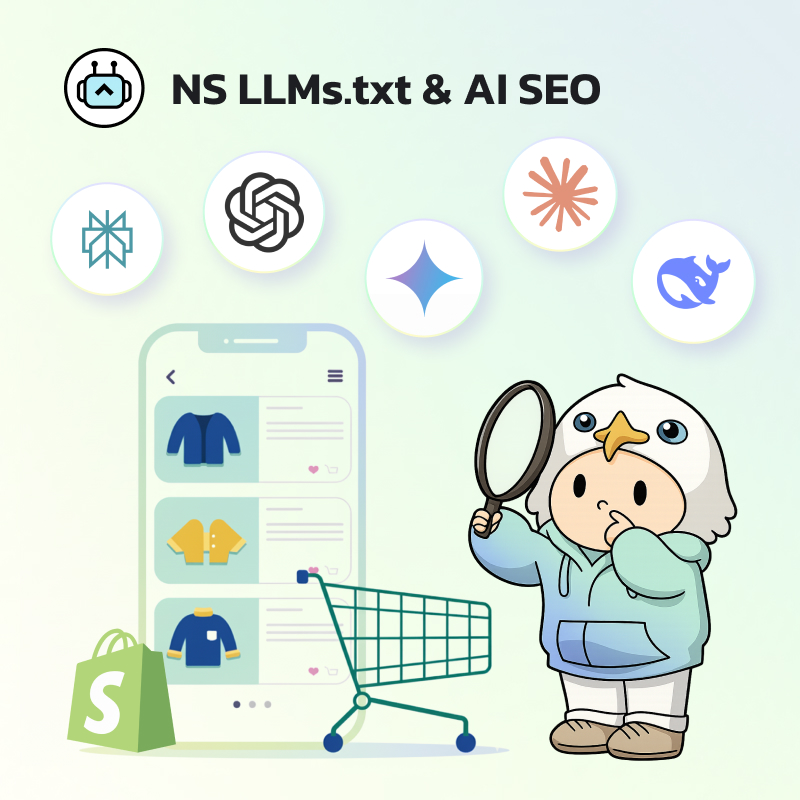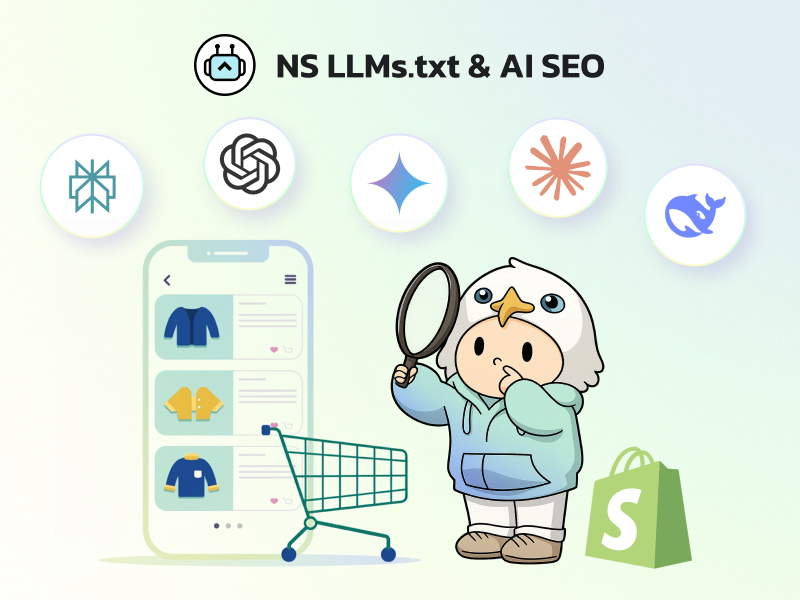Google is phasing out the Enhanced Cost-Per-Click (eCPC) bidding option for Search and Display Ads. From October 2024, you won’t be able to use eCPC for new campaigns, and by March 2025, any existing campaigns will automatically switch to Manual CPC.
This move is all about encouraging you to explore more advanced, machine learning-driven strategies like Maximize Conversions and Maximize Conversion Value. Now’s a great time to rethink your approach, check your conversion settings, and adjust your budgets to get the best results with these new bidding options.
Key takeaways you should know
Google Ads has announced its plan to phase out the Enhanced Cost-Per-Click (eCPC) bidding option for Search and Display campaigns. Beginning in October, advertisers will no longer be able to select eCPC bidding for their campaigns.
eCPC is the simplest form of automated bidding strategy, allowing you to try automated bidding without handing over complete control to Google, as it only aims for a specific conversion target. However, Google is getting rid of this option. Advertisers currently using Enhanced CPC should move to other bidding strategies before March 2025. Otherwise, Google will automatically convert any remaining campaigns to Manual CPC to ensure they keep running smoothly.
Key times to remember:
- October 2024: Google Ads will no longer offer Enhanced CPC as an option for newly created Search and Display campaigns.
- March 2025: Any campaigns still using Enhanced CPC will be automatically switched to Manual CPC bidding.
Why has Google decided to withdraw eCPC?
Google is phasing out eCPC to streamline its advertising offerings and simplify ad management. eCPC was designed to adjust bids based on the likelihood of conversions, but Google now favors more advanced bidding strategies that leverage machine learning for improved performance.
The shift aligns with Google’s focus on automated bidding solutions like Smart Bidding, which use real-time data to optimize bids and maximize results. This transition helps advertisers achieve better outcomes with less manual intervention.
By moving away from eCPC, Google aims to enhance the efficiency and effectiveness of ad campaigns. As a result, advertisers will benefit from more precise targeting and improved return on investment.
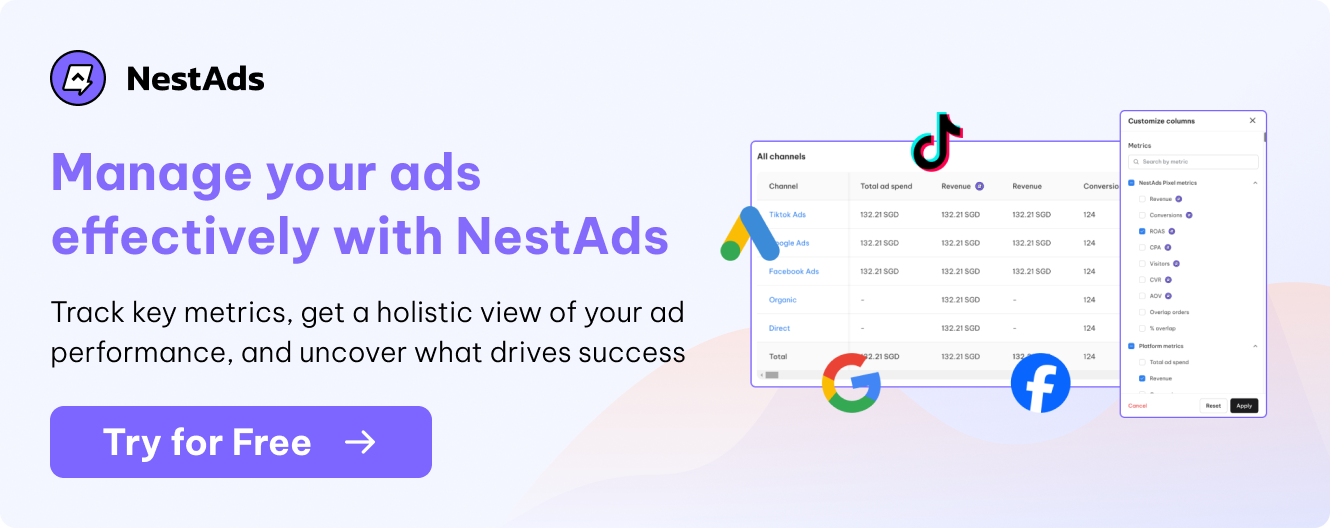
How will this impact your campaign?
As Google phases out eCPC, advertisers must adjust their strategies to rely more on automated bidding options like Target CPA (Cost-Per-Acquisition) or Target ROAS (Return on Ad Spend).
For example, a company currently using eCPC to control bids for better conversions manually will need to switch to these automated strategies that optimize bids in real-time.
This change could lead to more consistent ad performance since automated strategies use machine learning to adapt to changing conditions, such as competitor bids or user behavior.
However, advertisers who prefer manual control might find it challenging to adapt to automated systems.
On the positive side, businesses with smaller teams or less time for manual adjustments may find this transition beneficial, as it reduces the need for constant monitoring and tweaking. Overall, the shift could result in more efficient spending and potentially higher returns, but it will require advertisers to trust Google’s automated tools.
So, what you should do to stay aligned with the changes?
To manage the impact of eCPC elimination from Google Ads and avoid negative effects on your brand campaign, it’s important to plan ahead. So, what can you do? Here are some recommendations to help you prepare for the changes:
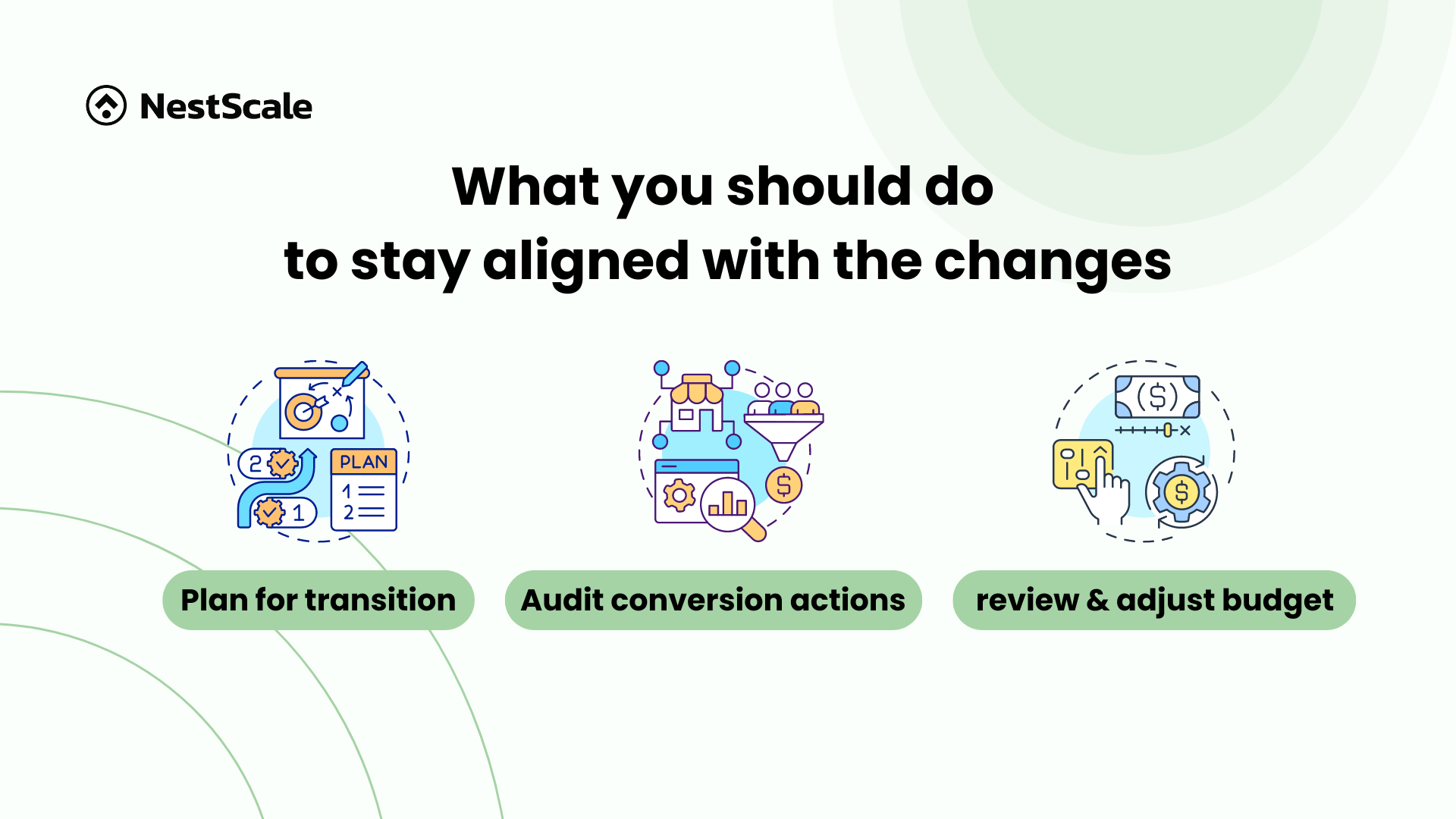
Plan for transition
- Develop a strategy to transition away from eCPC before the March 2025 deadline.
- Consider testing Manual CPC and other bidding strategies on some campaigns before the forced change.
Audit conversion actions
- Review your conversion actions to ensure that primary conversions are correctly set. These primary conversions will impact your bidding strategy, just as eCPC did.
Review and adjust the budget
- Ensure your budgets align with your campaign goals. With eCPC, bids adjusted automatically, but with manual bidding, you might end up underbidding.
- Smart bidding strategies may require a learning period and could involve initial higher costs. Allow time for this transition and be ready to adjust your data accordingly.
A little reminder for you
Staying up-to-date and flexible is key to keeping your advertising game strong. By adapting to these changes, you’ll continue to get the most out of your campaigns and drive meaningful results.
Keep an eye out for more updates and tips from us. If you have questions or need help with your Google Ads, don’t hesitate to reach out. We’re here to help you navigate these changes and keep your ads performing at their best.





